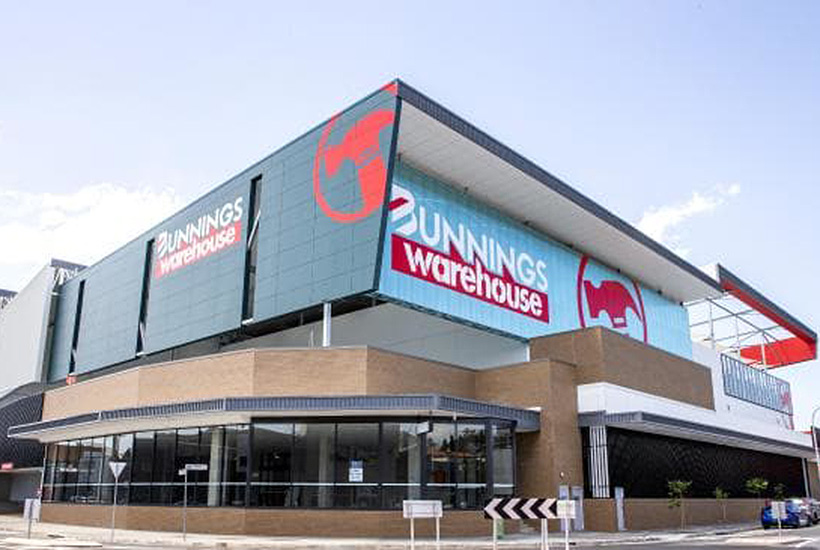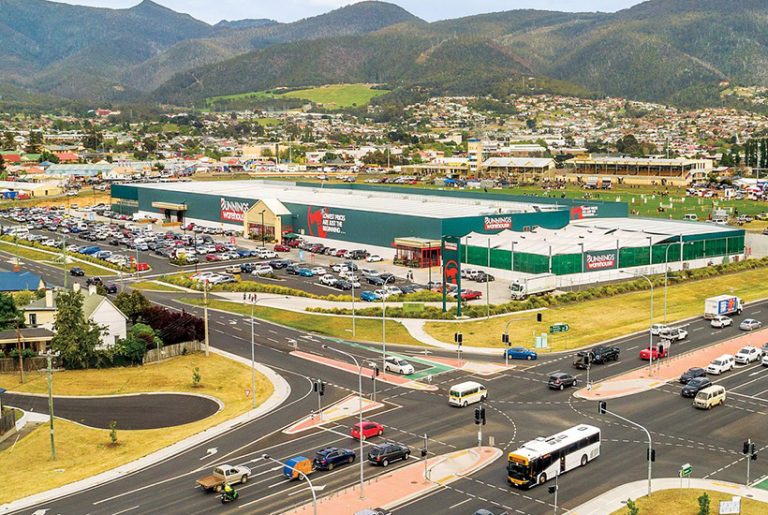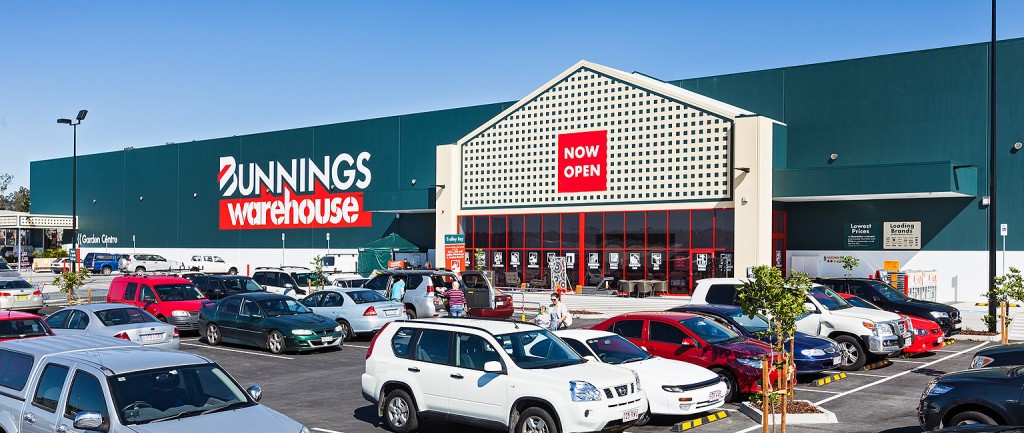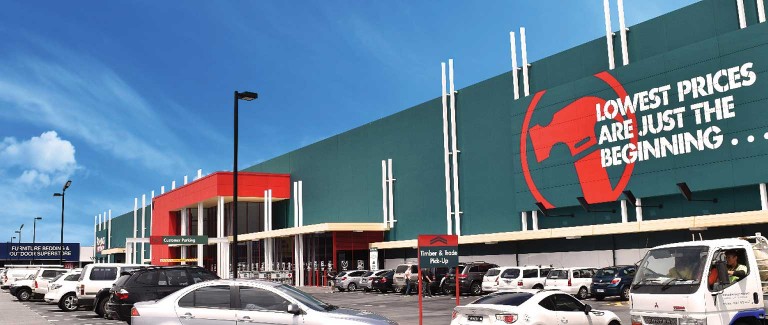Bunnings to open up to 14 new stores every year

Bunnings managing director Michael Schneider says the hardware chain will continue to open more physical stores as it looks to connect with commercial and trade customers as well as everyday shoppers.
Presenting to investors on Tuesday, Schneider, who took up the top job in May 2017, says the business will continue to target 10 to 14 new store openings each year to cater for population growth and changing demographics.
“We see the store network as at the heart of everything we do,” he told investors in Bunnings’ parent company Wesfarmers.
Commercial Insights: Subscribe to receive the latest news and updates
“We see the store network as at the heart of everything we do,” he told investors.
“This as an enormous differentiator for our business in its ability to connect and work with community, connect and work with customer and trade.
“We continue to grow that store network.
“We are focused on that long term property pipeline to make sure we understand where the population is going or how the population is changing and make sure we have the right format of store for the right market.”
Bunnings exited its loss-making British and Irish operation in May last year after it cost Wesfarmers more than $1.66 billion in impairment charges and other costs for the 2018 financial year.
Bunnings, which now operates only in Australia and New Zealand, is the biggest earner for parent company Wesfarmers. It has opened 11 new stores each year on average since 2013.
Those stores are in a number of different formats to suit different sites and market characteristics.
“We continue to grow that store network,” Schneider says.
“When you think about the return on capital the business has this is a smart investment.”
For the first half this year, Bunnings achieved a total store growth of 5.5% and store-on-store sales growth of 4%, despite high rainfall on the east coast and softening conditions in the residential housing market.
Moderated trading conditions were expected to continue, Wesfarmers said at the time.
The hardware chain is highly exposed to the housing market, selling hardware and tools to facilitate building renovations.
Wednesday’s announcement comes after Wesfarmers said in January that retail sales were “patchy” in November and December, with Kmart sales growth coming in worse than expected.
Still, Wesfarmers chief executive Rob Scott said at the time that he didn’t think consumers were in distress as a result of falling property prices and slow wage growth, but said a reluctance for the general merchandise chain to discount had dented sales momentum.
Shares in Wesfarmers closed 0.4% higher on Wednesday at $34.80 apiece, as the broader ASX 200 fell nearly 0.4%.
This article originally appeared on www.theaustralian.com.au/property.







